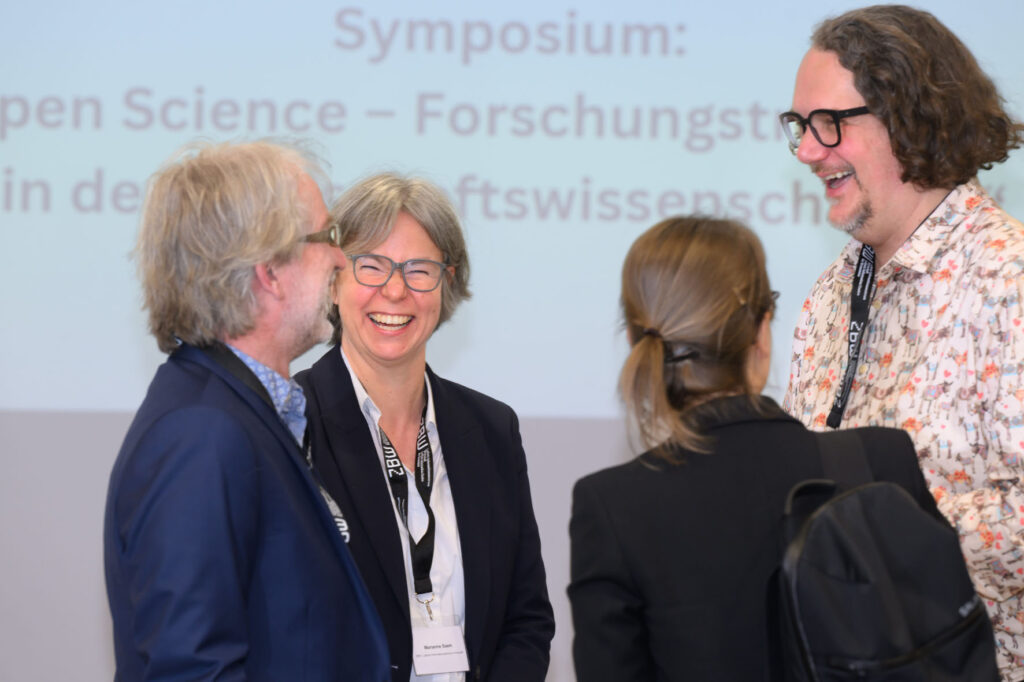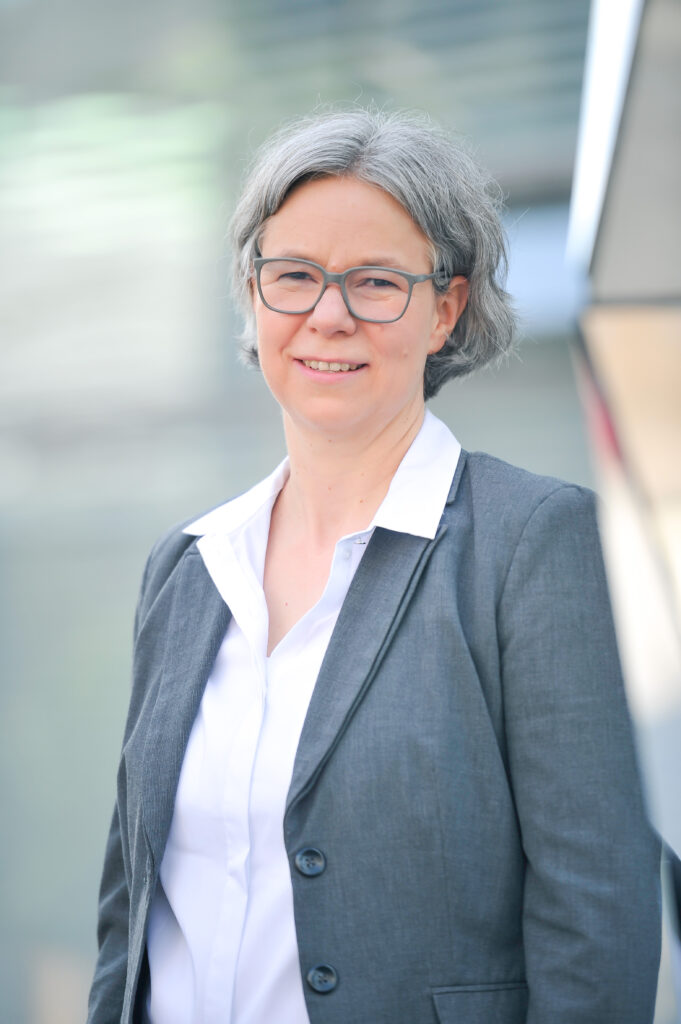← All Research Groups
Digital Economics
Science about science: studying research texts and processes
The research group “Digital Economics” headed by Professor Marianne Saam addresses digitality from a double perspective. On the one hand, the economists of Hamburg University, where the professorship is based at the Faculty of Business, Economics and Social Sciences, study the digital transformation of the economy.
This research embeds the ZBW in the economics community and offers many synergies for studying the digital transformation of the science system which is at the centre of interdisciplinary research at the ZBW.
The research group studies the currently predominantly digital practices, processes, and findings of economics from a meta-scientific perspective with the empirical methods of text mining and econometrics. The objects of research are text corpora, research practices, and the publication, dissemination, and synthesis of economic information within and outside the academic world. Particular attention is paid to the classification and analysis of the observed phenomena with regard to Open Science.

Basis for developing domain-specific information infrastructures
Analyses of text corpora reflect trends in economic research: what is the object of research, which methods and data are used? How do these research projects relate to each other? Which aspects of research are made transparent, which are not?
At the same time, these analyses can form a basis for the further development of domain-specific information infrastructures. The analysis of search practices observes how users from the community interact with a large number of texts and how digital services can influence the search results and the subjective search success.
Research practices have been changed fundamentally by digital technologies over the last years. This applies on the one hand to the increased availability of research data and software, on the other hand to the evolution of institutional Open Science standards, especially in the area of Open Access, Open Data and Open Code. Digital technologies make access to, and re-use of, research findings easier.
They also make it easier to conduct more research within a given timeframe and to disseminate it. This leads to the ever more urgent question which research findings prevail within and outside the academic discourse and which role search technologies, citation practices, and social media play in this.
The empirical work of the research group offers an important contribution to research infrastructure. It contributes to a better understanding of how digital offerings can optimally support researchers in a world of established academic targets and limited attention. This approach involves the community as users and provides impulses for the further development of ZBW services. At the same time, the research group also supports a critical reflection and the evolution of working practices in the domain of economics.
“Digital technologies have lowered the costs for discovery, copy, and replication, as well as transport and verification of information on an astronomical scale. This has produced a far-reaching societal transformation which affects both business and science, and in particular scientific information infrastructures. To study this transformation in its diversity and to shape it also within the infrastructure institution is the attraction which the joint professorship at the ZBW and Hamburg University holds for me. Digitisation enables more transparency, but it also creates new transparency requirements, because research data and IT-based research methods are becoming more numerous and more extensive.”
Professor Dr. Marianne Saam
Head of the research group “Digital Economics”

Foto: Max Kovalenko
Open Science AT ZBW
Research groups and their current topical focus
Digital Information Infrastructures
Transparency and openness: new infrastructures for digital resources in research
Information Profiling and Retrieval
Language models and knowledge graphs are the focus of ZBW research
Web Science
Studying the impact and relevance of scientific publications
Digital Economics
Science about science: studying research texts and processes
Engagement
Science policy consulting at the ZBW
The developments associated with Open Science take place at many levels of the science system. As a Leibniz institution, it is a matter of concern for the ZBW to see its own experiences and research results inform the debate in science policy bodies at the national, European and international level.
vision
Future
Lorem ipsum dolor sit amet, consetetur sadipscing elitr, sed diam nonumy eirmod tempor invidunt ut labore et dolore magna aliquyam erat, sed diam voluptua. At vero eos et accusam et justo duo dolores et ea rebum. Stet clita kasd gubergren, no sea takimata sanctus est Lorem ipsum dolor sit amet. Lorem ipsum dolor sit amet, consetetur sadipscing elitr, sed diam nonumy eirmod tempor invidunt ut labore et dolore magna aliquyam erat, sed diam voluptua.
